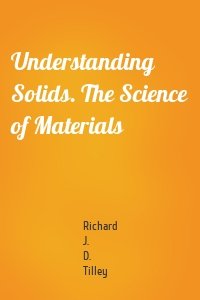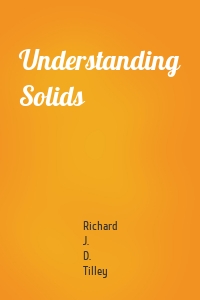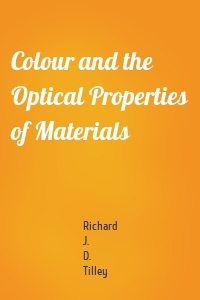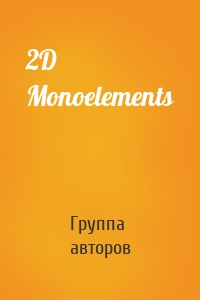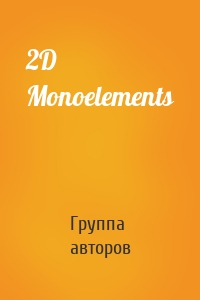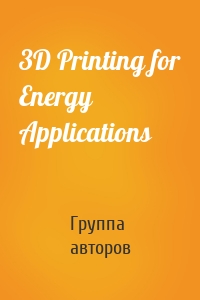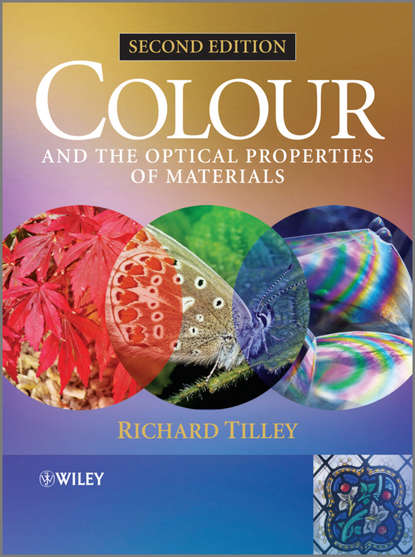
Colour and the Optical Properties of Materials. An Exploration of the Relationship Between Light, the Optical Properties of Materials and Colour скачать fb2
Richard J. D. Tilley - Colour and the Optical Properties of Materials. An Exploration of the Relationship Between Light, the Optical Properties of Materials and Colour краткое содержание
Colour and the Optical Properties of Materials carefully introduces the science behind the subject, along with many modern and cutting-edge applications, chosen to appeal to today's students. For science students, it provides a broad introduction to the subject and the many applications of colour. To more applied students, such as engineering and arts students, it provides the essential scientific background to colour and the many applications. New to this Edition: The chapter framework of the first edition will be retained, with each chapter being substantially rewritten and some material would be relocated. Some chapters will be rewritten in a clearer fashion, e.g. There have been no significant advances in the understanding of rainbows recently, but the text could be clarified and improved. Colour has been an important attribute of many nano-particle containing systems, such as quantum dots. This aspect will be included, e.g. the colour of gold ruby glass, described in Chapter 5 as part of scattering phenomena now is better treated in terms of gold nanoparticles and surface plasmons. This would probably be transferred to Chapter 10 and considered in tandem with the colour of metals such as copper, silver and gold. A similar state of affairs applies to silver nanoparticles and polychromic glass. Some chapters will include extensive new material, e.g. Chapter 8, colours due to molecular processes [organic LEDs etc], and Chapter 12, Displays, [touch screen technologies]. For all chapters it would be intended to take into account the current scientific literature up to the time of submission – say up to the end of 2009. The end of chapter Further Reading sections would reflect this up-to-date overview. The end of chapter problems will be strengthened and expanded.
Чтобы оставить свою оценку и/или комментарий, Вам нужно войти под своей учетной записью или зарегистрироваться
